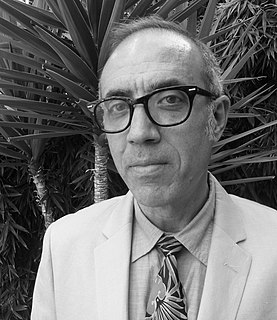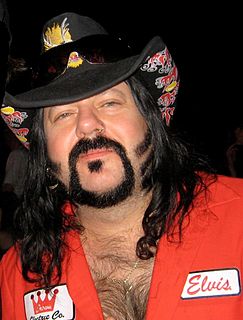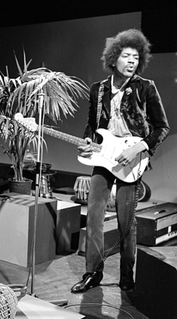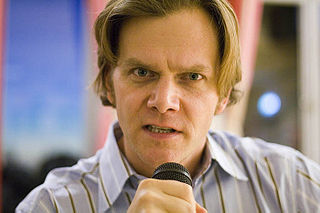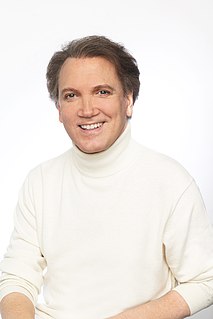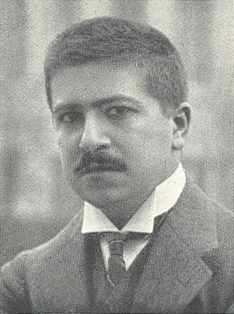A Quote by Kenny G
The criticism is that it's too simple, but my feeling is it's more of a challenge making someone feel an emotion in four notes than in 25 notes.
Related Quotes
I feel guilty when people say I'm the greatest on the scene. What's good or bad doesn't matter to me; what does matter is feeling and not feeling. If only people would take more of a true view and think in terms of feelings. Your name doesn't mean a damn, it's your talents and feelings that matter. You've got to know much more than just the technicalities of notes; you've got to know what goes between the notes.
A good way to work on alternate picking is to choose three or four notes, and work on those. Too often, players who are trying to improve their right hand dexterity get hung up by playing too many notes with the left hand.I hear a lot of players running whole scales from the sixth string to the first , and playing them really sloppy.Keeping it very basic-and using only a few notes-and playing slowly with perfect rhythm is a task in itself.
The seven white notes on the piano - each section of the piece (there are 12 sections) is five of those seven white notes. If you calculate it, there are 21 groups of five notes in any group of seven notes. And although there are 12 sections, this piece actually uses nine of those groups because some of the sections repeat earlier ones. So that's the formula. It's very simple as a way of generating something. It's my inner minimalist.
I took many notes, more than usual before I sat down and wrote Act One, Scene One. I had perhaps eighty pages of notes. . . . I was so prepared that the script seemed inevitable. It was almost all there. I could almost collate it from my notes. The story line, the rather tenuous plot we have, seemed to work out itself. It was a very helpful way to write, and it wasn't so scary. I wasn't starting with a completely blank page.
You never can tell, though, with suicide notes, can you? In the planetary aggregate of all life, there are many more suicide notes than there are suicides. They're like poems in that respect, suicide notes: nearly everyone tries their hand at them some time, with or without the talent. We all write them in our heads. Usually the note is the thing. You complete it, and then resume your time travel. It is the note and not the life that is cancelled out. Or the other way round. Or death. You never can tell, though, can you, with suicide notes.


